If you are learning in Kollel and wondering if Rabbanus is for you, wonder no more—if you are a member of Kollel Avodas Levi, the Kollel of Yeshivas Ner Yisroel in Baltimore, Maryland, that is. The STAR-K Rabbinical Training Program now offers yungeleit in the kollel the opportunity of capturing a glimpse into the multifaceted life inside the Rabbinate. The inaugural lecture series, held between Tu B’Shevat and Shavuos, was a huge success.
“The STAR-K Rabbincal Training Program was borne from the strong interest of a group of twenty-five Kollel Avodas Levi yungeleit to have a series of Rabbonim, community leaders, and other presenters discuss what it takes to be a Rav, community leader, and mechanech,” explains Rabbi Nosson ‘Nate’ Miller, the Kollel Avodas Levi yungerman who spearheaded the program as the Kollel’s liaison.
In the past, the National Council of Young Israel (NCYI) in conjunction with STAR-K, held a similar training […]




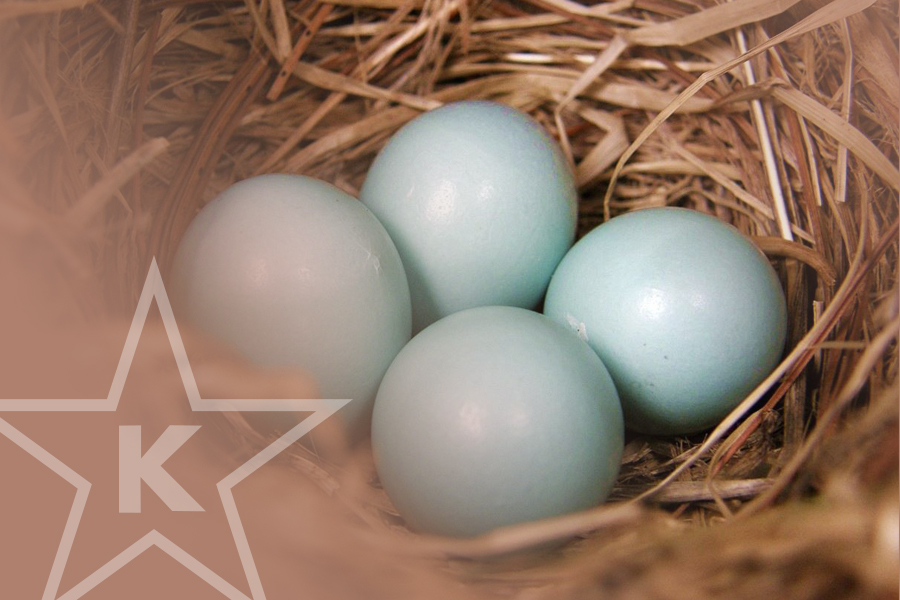
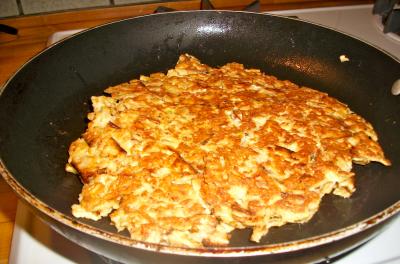


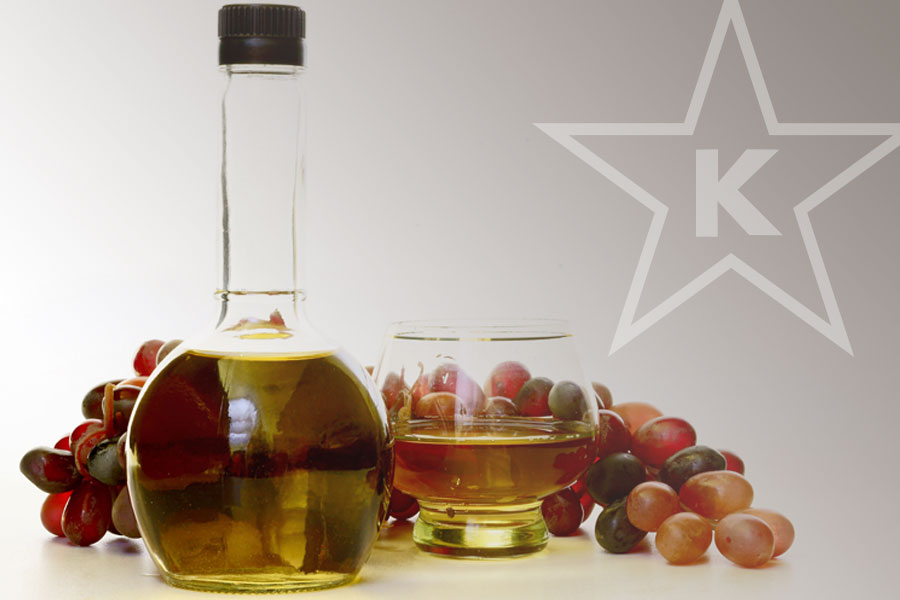


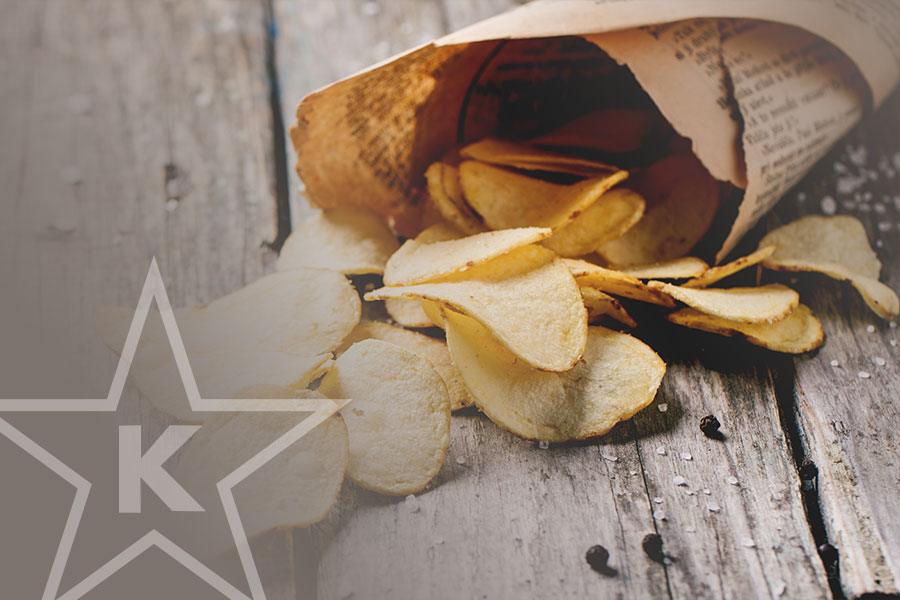

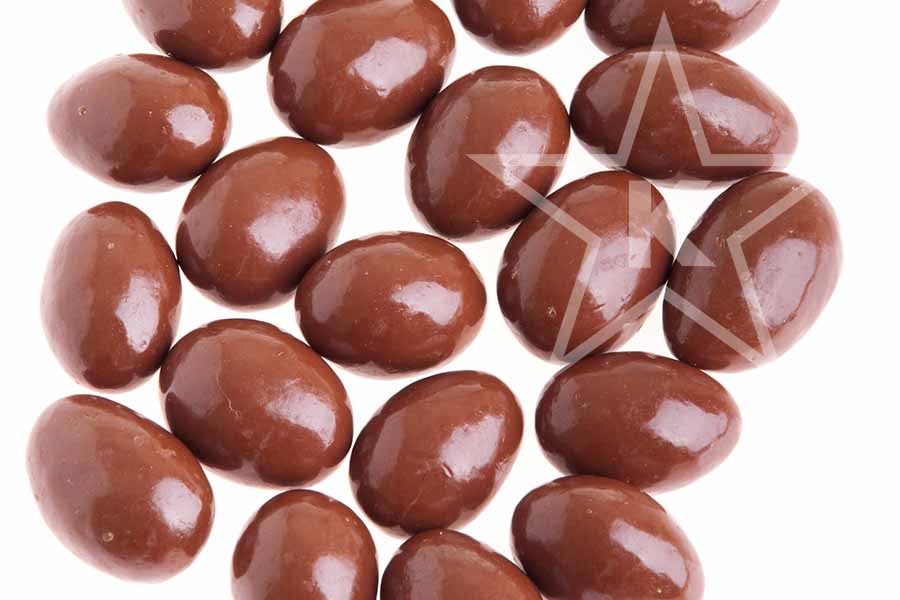
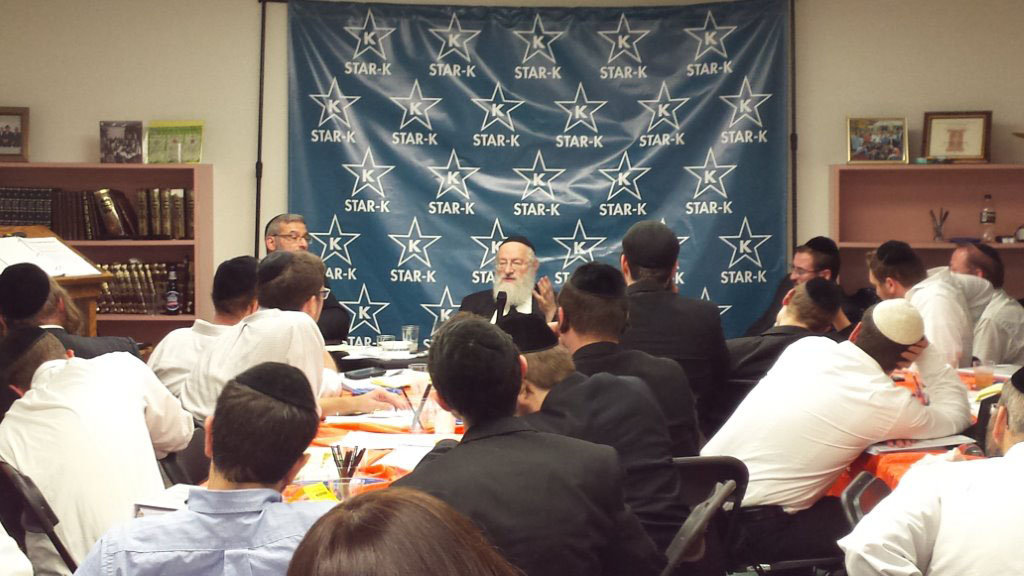

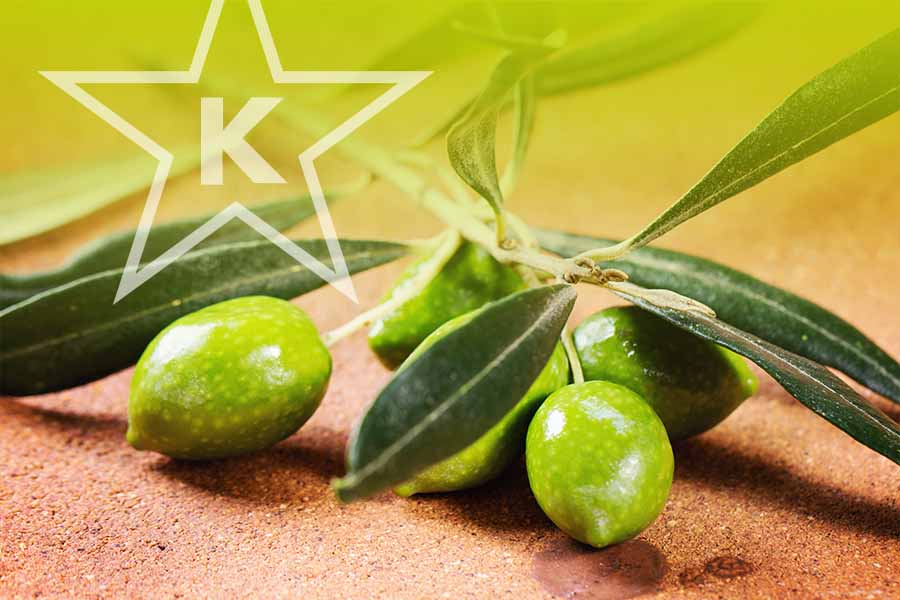
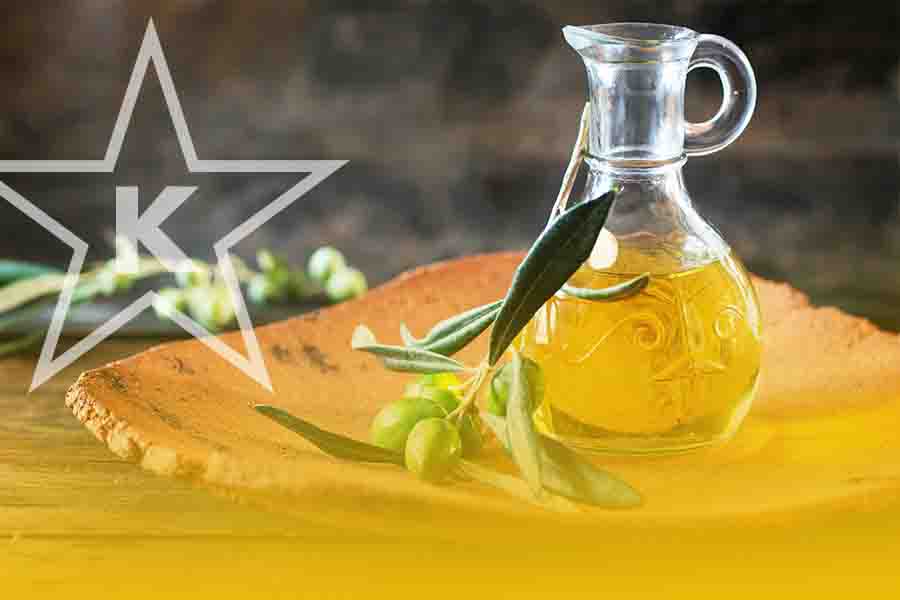
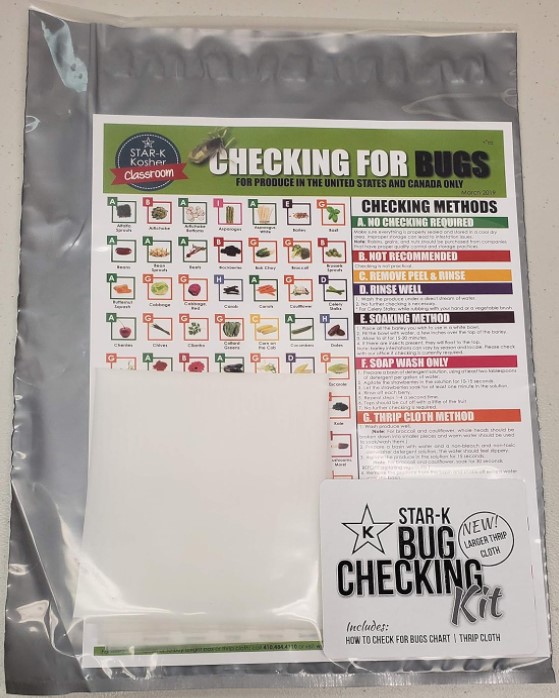


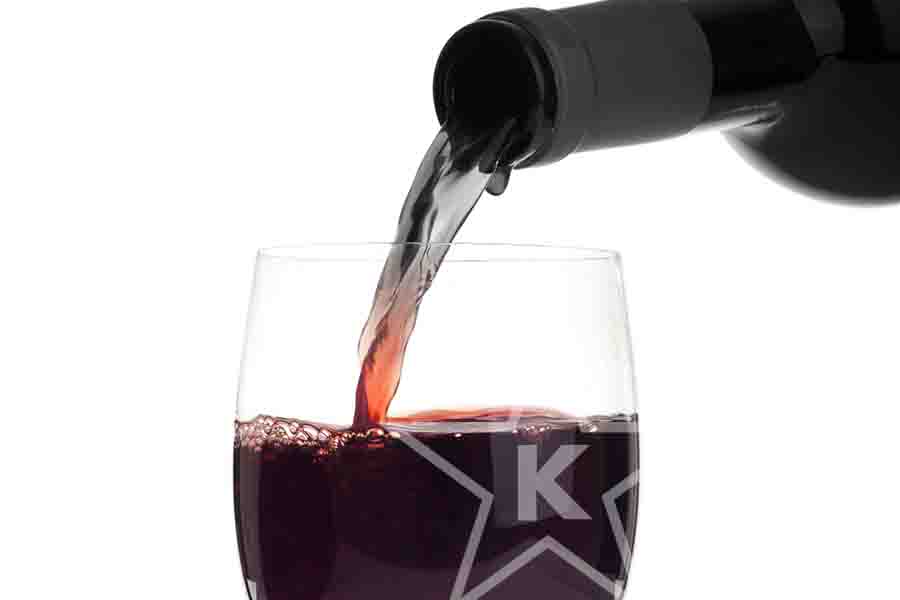

 STAR-D
STAR-D STAR-S
STAR-S